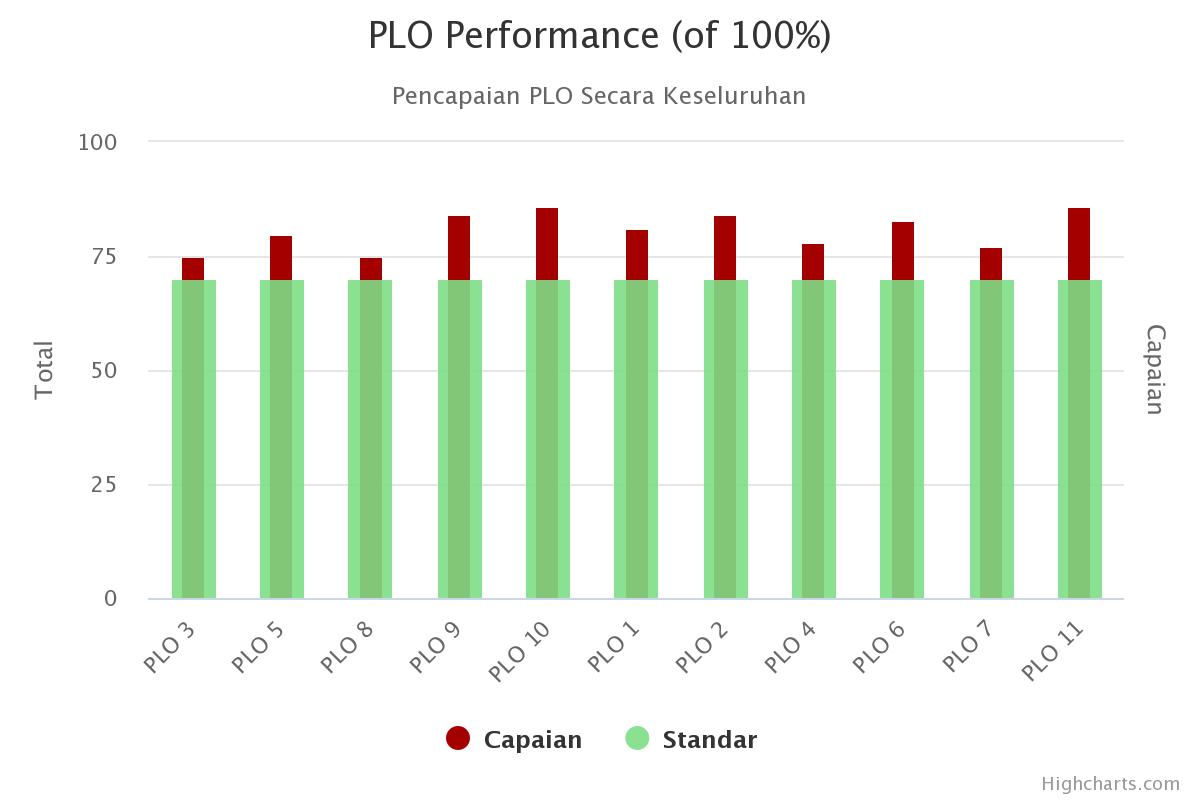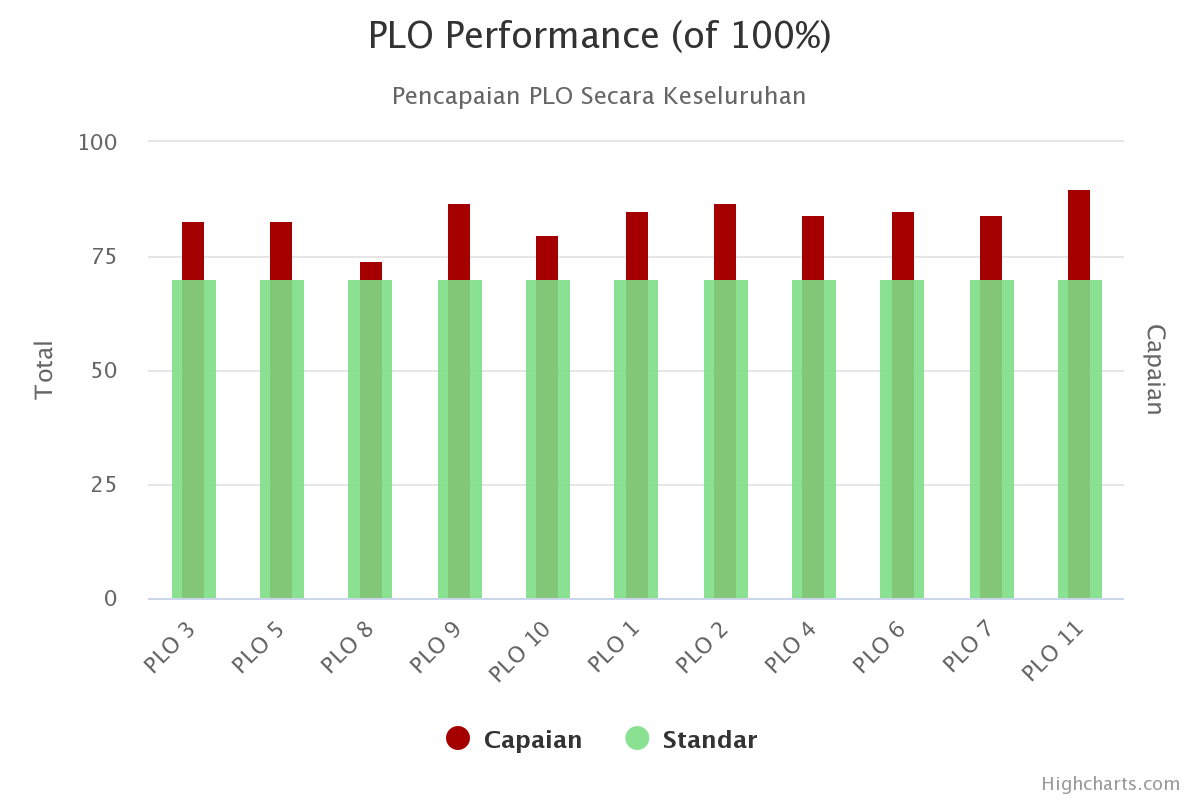The Programme Educational Objectives (PEO) and the programme learning outcomes (PLO) are intended to accommodate the national need in the development of planning studies. The PLO is set to achieve the PEO and the development of planning knowledge. MURP UGM has set their PEO and PLO in following tables.
Table 1. Program Educational Objectives (PEO) MURP UGM
| CODE | Description | Keywords |
| PEO1 | Graduates are able to work as professional planners, researchers, and managers in the field of urban and regional planning, based on scientific rationale, focusing on spatial aspects. | Scientific Rationales-Spatial Aspect |
| PEO2 | Graduates are able to master and ensure the whole planning cycle, from plan-making, implementation, monitoring, evaluation, and improvement of the next planning cycle | Planning Cycle - Implementation-Oriented |
| PEO3 | Graduates are able to communicate and work with the community and the public to achieve better and sustainable urban and region | Community Approach - Participatory Planning |
| PEO4 | Graduates are able to critically evaluate a variety of planning problems and planning approaches/practices as part of their effort for the lifelong learning process | Problem-Based - Reflective |
| PEO5 | Graduates are able to perform creative and innovative ideas and practices to respond to variety and unpredicted planning challenges and constraints | Creative - Thinking Out Of The Box |
| PEO6 | Graduates are able to provide visionary and futuristic ideas for a better future | Visionary, Futuristic - Better Future |
Table 2. Program Learning Outcome (PLO) MURP UGM
| CODE | Description | Keywords | |
| PLO1 | Able to analyze the positions and roles required by the planning knowledge in urban and regional development issues as well as on a broader context | Analyze, Knowledge | |
| PLO2 | Able to formulate and select alternative regional planning and development policies | Formulate, Alternative Selection | |
| PLO3 | Able to apply planning knowledge to solve existing and forthcoming community problems | Application Of Planning Science, Solution | |
| PLO4 | Able to conduct good contextual research for the development of planning knowledge, urban and regional planning, as well as solving existing problems | Research, Problem-Solving | |
| PLO5 | Able to perform actions of empowerment, advocacy, as well as assistance in various planning stages | Perform, Advocacy, Assistance | |
| PLO6 | Able to develop ideas and innovation in planning knowledge that is oriented in change, sustainable living, and equitable livelihood | Innovations | |
| PLO7 | Able to apply and develop spatial planning methods and techniques | Methods, Techniques | |
| PLO8 | Able to apply supporting knowledge needed in the planning process to create comprehensive and integrated spatial planning policies | Supporting Science, Planning Policy | |
| PLO9 | Able to work in groups effectively to solve planning and development problems in a proper manner | Teamwork | |
| PLO10 | Able to deliver and communicate the planning ideas effectively and efficiently | Deliver, Communicate | |
| PLO11 | Able to choose and utilize information technology system precisely and contextually to support the planning process | Information Technology System |
For the last 2 years of academic year, and 4 semesters, the PLO performance from whole program and each semester can be seen in the following graphs.





